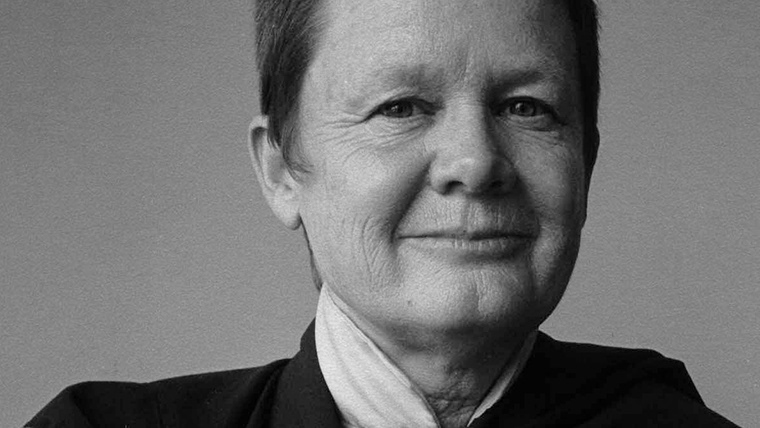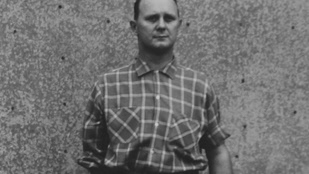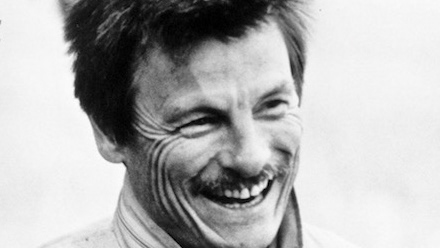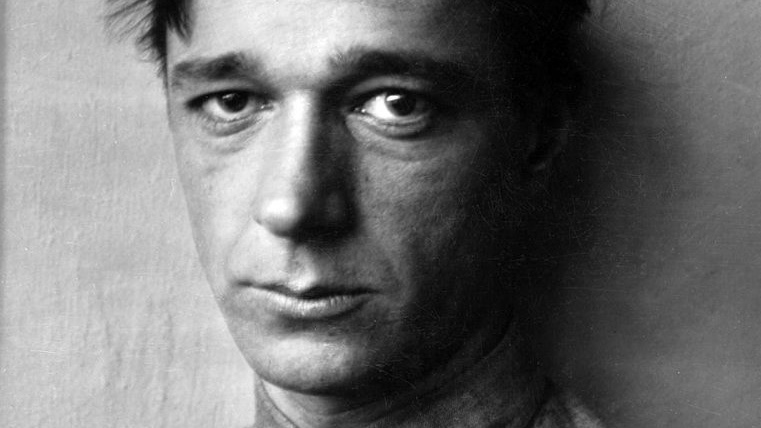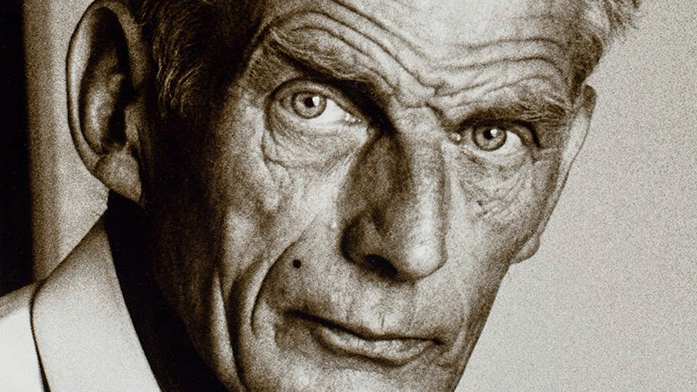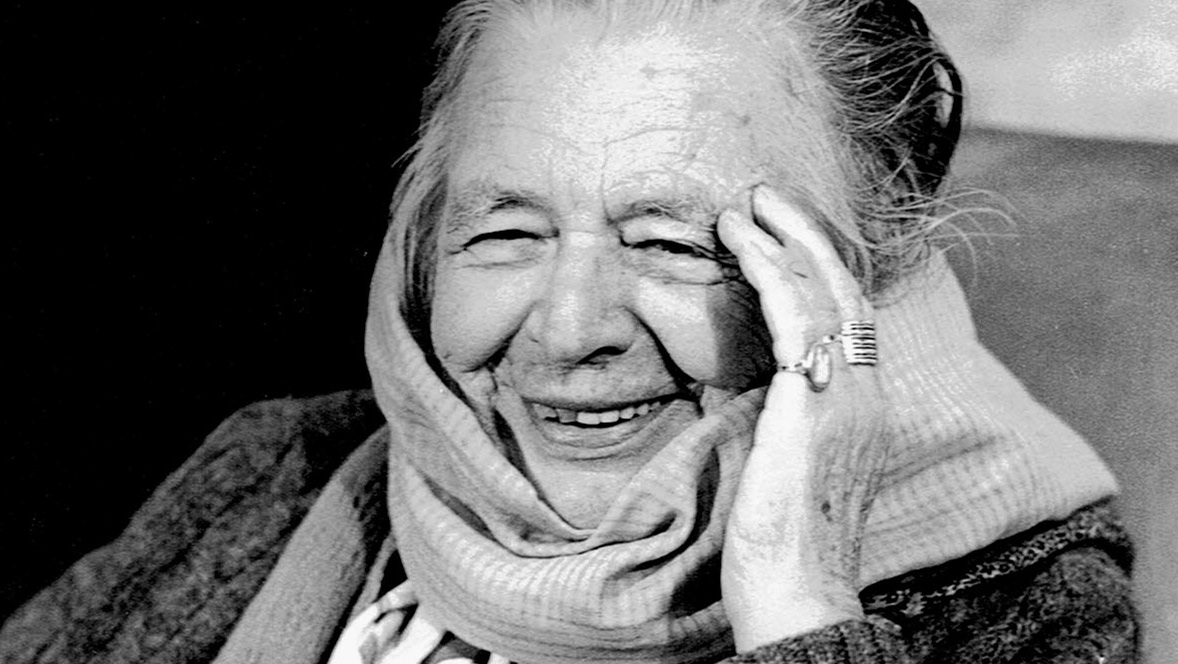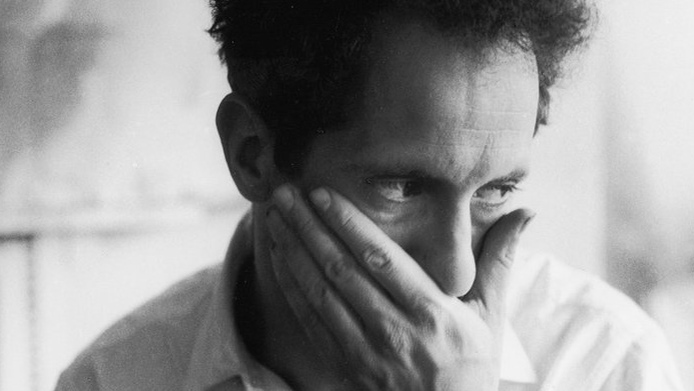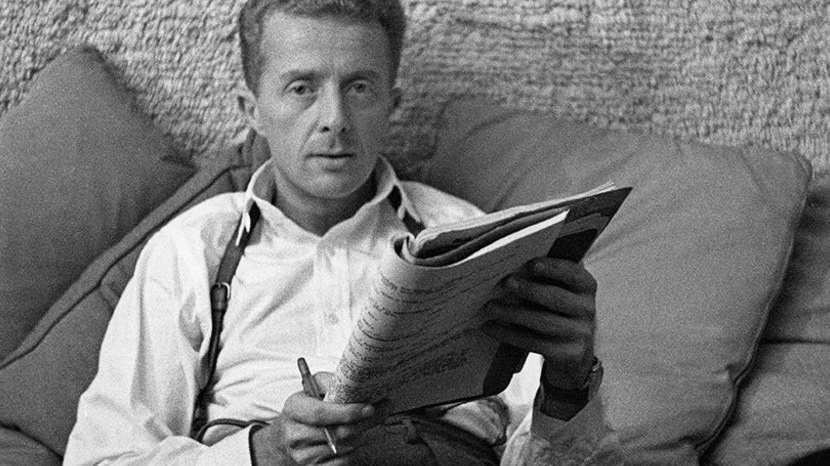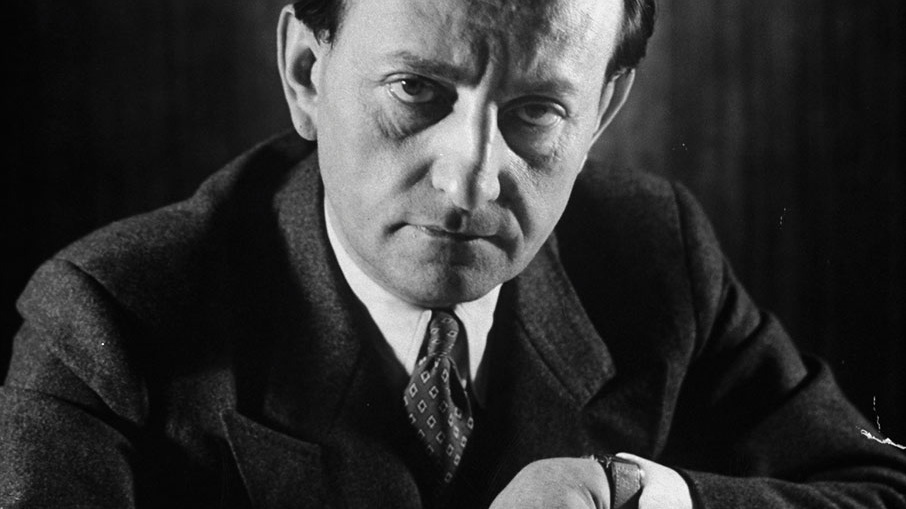We need a cure, of course, because the thing that we lose in the course of being brought up is spontaneity. That’s what’s so delightful about a child, as well as so objectionable—that children are just plain spontaneous. And when they do it in a way that pleases us we think they’re delightful, and when they do it in a way that doesn’t please us we think they’re horrid. And so we pretty much kill the spontaneity in them in order to get—certainly, that they won’t be horrid, and that they will be nice, but in a rather phony way. And this is such a disaster, isn’t it? Because when we watch a child—say, dancing—and it’s never learned; never had a single dancing lesson, and is really just dancing for fun, we say, “That’s delightful.” Then, eventually, the child notices that this is a way of getting attention and becomes self-conscious about dancing, and then we send it to dancing school, and it becomes stiff and wretched. And only after many, many years of practice does the child—as a dancer, now a young man or woman—recapture the spontaneity of childhood. Got to go all that long way around to get back to the thing that it once had. And that’s terribly difficult.
